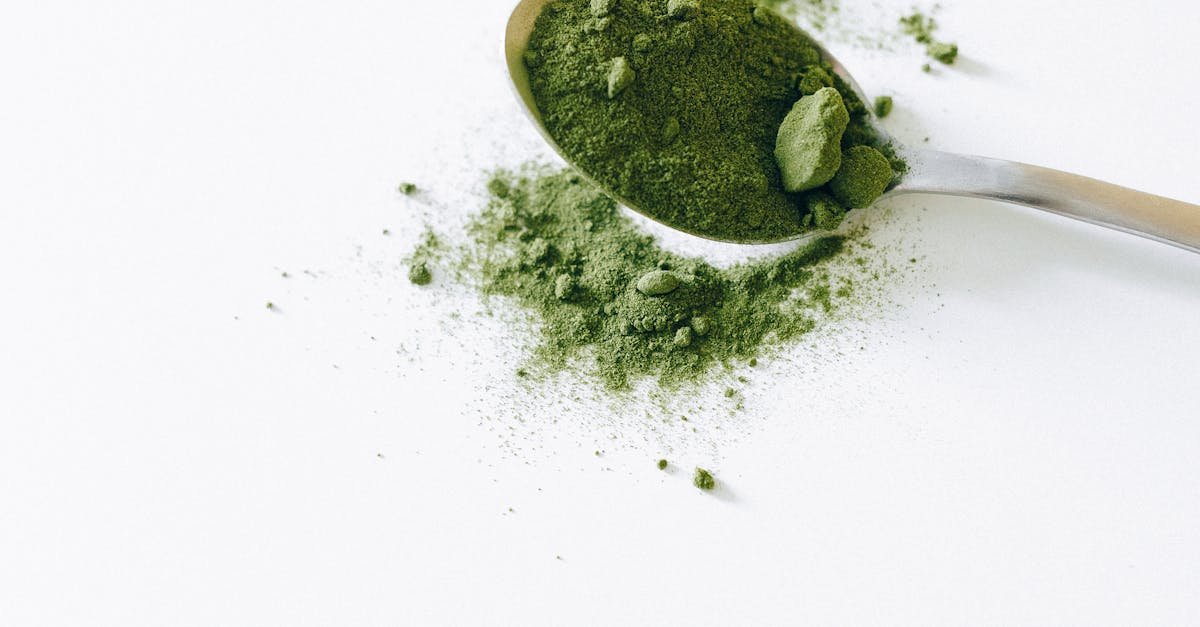Green tea is often hailed for its health benefits, but many people are curious about its caffeine content. Is it high or low compared to coffee? How does it affect your body? In this article, we will explore the fascinating topic of caffeine in green tea and uncover some surprising facts.
Caffeine Content Compared to Coffee
Green tea contains significantly less caffeine than coffee. An 8-ounce cup of brewed green tea typically has about 20 to 45 milligrams of caffeine, while the same serving of coffee can contain around 95 to 200 milligrams. This makes green tea a gentler option for those sensitive to caffeine.
Factors Influencing Caffeine Levels
The caffeine content in green tea can vary based on several factors, including the type of tea leaves used, the brewing time, and the water temperature. For instance, matcha, a powdered form of green tea, generally has a higher caffeine content compared to traditional brewed green tea because you consume the whole leaf.
Health Benefits of Caffeine in Green Tea
Despite its lower caffeine content, green tea still offers health benefits due to the presence of caffeine. It can enhance brain function, improve mood, and increase metabolism. The combination of caffeine and L-theanine, an amino acid found in green tea, can provide a calming effect while promoting alertness.
Decaffeinated Green Tea Options
For those who wish to avoid caffeine altogether, decaffeinated green tea is a popular choice. Decaffeination processes can reduce caffeine levels to negligible amounts, allowing individuals to enjoy the taste and health benefits of green tea without the stimulating effects of caffeine.
Recommended Consumption
Moderation is key when it comes to consuming green tea. Drinking 3 to 4 cups per day is generally considered safe for most people, providing a balanced intake of caffeine along with the numerous health benefits associated with green tea. However, individuals with caffeine sensitivity should monitor their intake and adjust accordingly.
| Type of Green Tea | Caffeine Content (mg) | Brewing Time | Notes | Flavor Profile |
|---|---|---|---|---|
| Regular Brewed Green Tea | 20-45 | 2-3 minutes | Commonly consumed | Light, grassy |
| Matcha | 70-140 | 1-2 minutes | Powdered form | Rich, umami |
| Decaffeinated Green Tea | 0-5 | 2-3 minutes | Minimal caffeine | Similar to regular |
| Gunpowder Green Tea | 30-60 | 3-4 minutes | Rolled leaves | Bold, smoky |
Caffeine in green tea can be a topic of interest for many health-conscious individuals. Understanding its levels, benefits, and alternatives can help you make informed decisions about your tea consumption. Whether you prefer the gentle stimulation of green tea or the robust kick of coffee, both beverages can play a role in a healthy lifestyle.
FAQs
Does green tea have more caffeine than black tea?
Generally, green tea has less caffeine than black tea. An 8-ounce cup of black tea usually contains about 40 to 70 milligrams of caffeine, making it a stronger option compared to green tea.
Can I drink green tea at night?
While green tea does contain caffeine, its levels are lower than those in coffee. Many people find that drinking green tea in the evening does not disrupt their sleep, especially if they choose decaffeinated options.
Is matcha the same as green tea?
Matcha is a type of green tea made from powdered tea leaves. It has a higher caffeine content than regular brewed green tea due to the consumption of the whole leaf, providing a more potent source of energy and antioxidants.
How does caffeine in green tea affect hydration?
Caffeine in green tea can have a mild diuretic effect, but studies suggest that moderate consumption does not lead to dehydration. Green tea can still contribute to your daily fluid intake.

